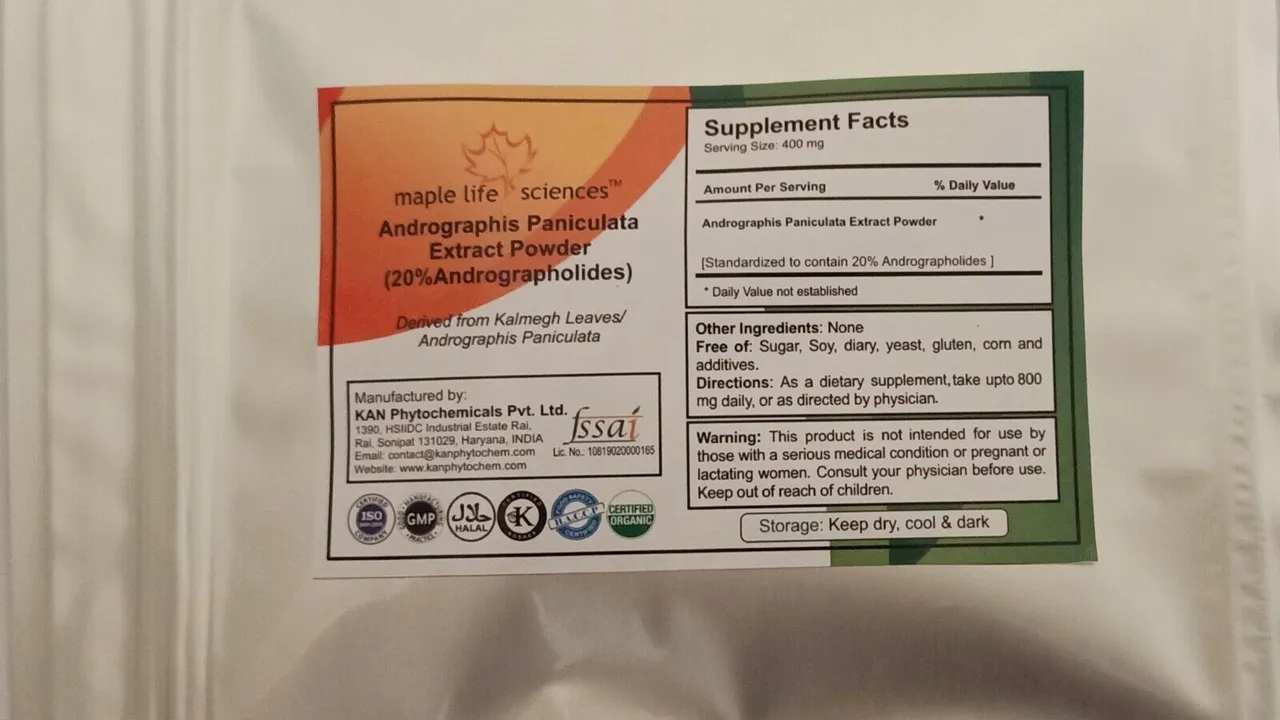Safety Precautions When Ordering Medication Online
If you’ve ever clicked ‘add to cart’ on an online pharmacy, you probably wondered if the deal was legit or risky. Buying meds from the internet can be fast and cheap, but it also opens doors to counterfeit pills, data theft, and health mishaps. Below are simple habits that keep your purchase safe, your wallet happy, and your body protected.
Check the Pharmacy’s Credentials
The first thing you should do is make sure the site is licensed. Look for a pharmacy licence number on the footer and verify it with your country's health regulator (for example, the MHRA in the UK or FDA in the US). A real online pharmacy will also display a physical address and a working phone line. If the contact info is missing or looks suspicious, walk away.
Next, see if the site requires a prescription for prescription‑only drugs. Legit pharmacies never sell strong meds like Sinemet or Medrol without a valid doctor's script. When they ask you to upload a scanned prescription, check that it’s clear and matches your doctor’s details.
Protect Your Personal and Payment Info
Secure sites use HTTPS – notice the little padlock in your browser’s address bar. Avoid sites that only accept wire transfers or cryptocurrency; reputable pharmacies stick to credit cards or trusted payment gateways like PayPal, which add an extra layer of fraud protection.
Never share more personal data than needed. Your name, shipping address, and a valid prescription are enough. If a site asks for your social security number or banking login, it’s a red flag.
After you’ve placed the order, keep an eye on your bank statements. Small unauthorized charges can pop up quickly, and catching them early stops bigger problems later.
Read Labels, Dosage Instructions, and Side‑Effect Warnings
When the package arrives, compare the label with what you ordered. Check the drug name, strength, batch number, and expiry date. If anything looks off – a misspelled brand or missing lot number – contact the pharmacy immediately.
Don’t skip the patient information leaflet (PIL). It tells you how to take the medicine, potential interactions, and what side effects to watch for. If the PIL isn’t included, ask the seller for it before using the product.
Store Medications Properly and Track Your Supply
Most pills need a cool, dry place away from sunlight. Storing them in the bathroom or near a heater can degrade their effectiveness. Keep a small notebook or use a phone app to log when you start each bottle so you never run out unexpectedly.
If you notice unusual symptoms after starting a new drug – like dizziness, rash, or stomach upset – stop taking it and call your doctor. Early reporting prevents complications.
Know When to Walk Away
Scams often use too‑good‑to‑be‑true prices, limited‑time offers, or pushy sales language. If a deal sounds like a miracle cure for a chronic condition at half price, it probably is. Trust your gut; if something feels off, close the tab and look for another reputable source.
Following these steps doesn’t guarantee a perfect experience, but it cuts the risk dramatically. Stay curious, stay cautious, and you’ll enjoy the convenience of online pharmacies without compromising your health.
Hey guys, I want to dive into something important today. We're going to discuss Verapamil and liver health. I know, it's a heavy topic, but it's vital we understand the effects of this medication on our body, especially our liver. We'll also talk about safety precautions we need to consider. So come along with me on this journey of discovery, for our body's sake.

